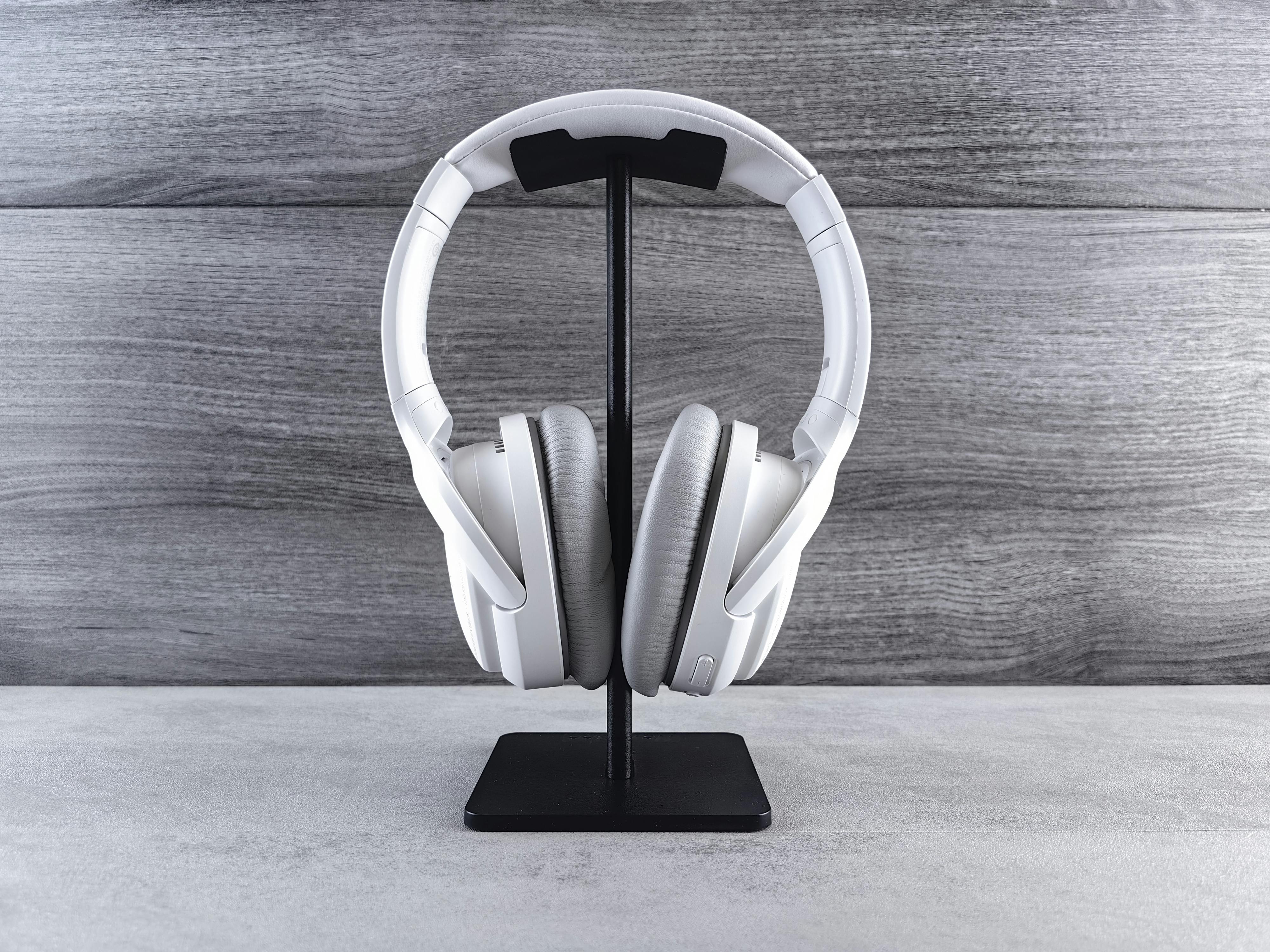Tapping into the Healing Power of Music: A Symphony for Well-Being
Have you ever noticed how a melodious symphony can calm a troubled mind or how an upbeat tune can uplift your spirits? This isn't just a coincidence. Science has been exploring this connection for years, and the results are fascinating. Music has been a part of human culture for ages, intertwining with our emotions, rituals, and social interactions. Ancient civilizations, such as the Egyptians and Greeks, believed in the healing power of music. They used chants, hymns, and stringed instruments to treat illnesses and improve mental health.

Fast forward to the 20th century, the field of music therapy began to gain momentum. The Veterans Administration hospitals utilized music to aid World War II soldiers in their recovery. This marked the beginning of a new era, where music was no longer just an art but also a tool for health enhancement.
Striking the Chords of Current Research
Today, music therapy is an established health profession. It involves the use of music to address physical, emotional, cognitive, and social needs of individuals. Research shows that music can reduce anxiety, enhance mood, manage pain, and even improve memory.
One study published in the “Journal of Advanced Nursing” found that listening to music can reduce chronic pain by up to 21%. It’s not just about distraction; music can actually trigger the release of endorphins, our body’s natural painkillers.
On the mental health front, a review in “The Lancet Psychiatry” reported that music therapy can be effective in treating depression. It allows individuals to express themselves, release pent-up emotions, and feel more connected.
Understanding the Symphony of Science
So, how does music achieve all these benefits? The answer lies in our brain. When we listen to music, it activates various areas of our brain, including those associated with emotions, memory, and physical movement.
Music with a slow tempo can promote relaxation by slowing down heart rate and lowering blood pressure. On the other hand, upbeat music can stimulate the brain, enhancing attention and improving cognitive performance.
The Crescendo: Challenges and Considerations
While music therapy is promising, it’s not a one-size-fits-all solution. Individual music preferences play a significant role in its effectiveness. What might be soothing for one person could be irritating for another. Hence, personalized music therapy programs are essential.
Also, more research is needed to understand the optimal dosage, duration, and type of music for different health conditions.
Striking the Right Notes: Wellness Insights
- Singing can boost your immune system. A study found that singing activates the immune response, which can help fight off diseases.
- Music can enhance workout performance. Fast-paced music can motivate you during exercise and make it feel less strenuous.
- Learning to play a musical instrument can improve cognitive health. It enhances memory, attention, and problem-solving skills.
- Incorporating music into your daily routine can aid stress management. Consider listening to calming music before bedtime to improve sleep quality.
As we conclude this symphony of health, it’s clear that music is more than just a source of entertainment. It’s a powerful tool that can enhance our well-being in myriad ways. By incorporating music into our daily lives, we can tap into its healing power and strike a harmonious balance of health and happiness. So, next time you’re feeling stressed or down, remember—you have a whole orchestra of wellness waiting at your fingertips!





